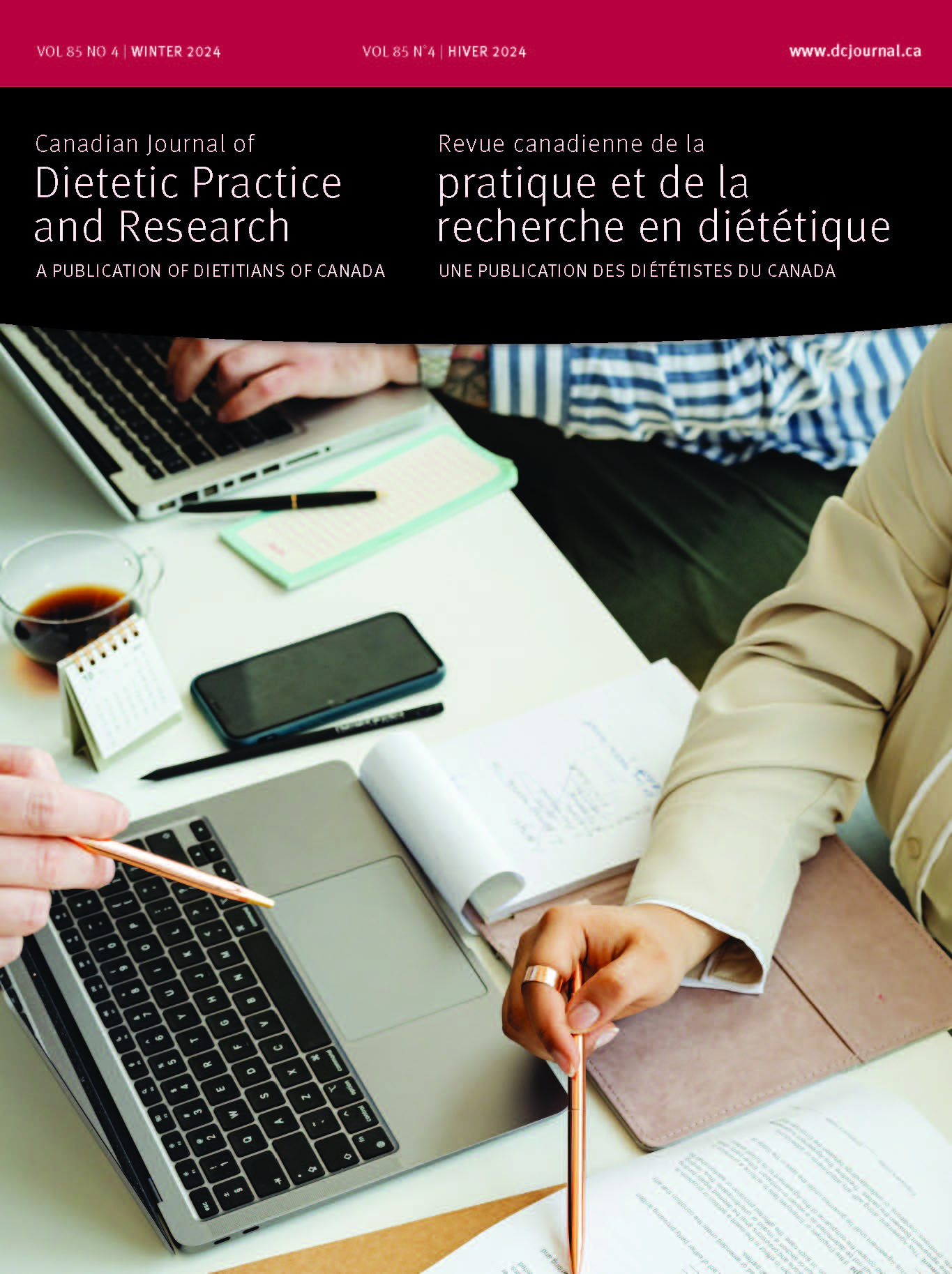Abstract
Purpose: Binge eating disorder (BED) is a prevalent eating disorder. Many individuals with BED do not receive evidence-based care due to many barriers. This preliminary study evaluated the feasibility, acceptability, and potential efficacy of a manualized guided self-help (GSH) intervention with support in the form of a culturally adapted manual for a French-Canadian population.
Method: Twenty-two women with overweight or obesity meeting the BED diagnostic criteria participated in an 8-week open trial. The GSH programme combined a self-help book and weekly support phone calls. Participants were assessed at baseline, at week 4, postintervention, and 12 weeks following its end. Feasibility was measured by attrition rates, participation, and satisfaction. Acceptability was measured by a questionnaire based on the Theoretical Framework of Acceptability. Potential efficacy outcomes were objective binge eating days, eating disorder symptomatology, depressive symptoms, and propensity to eat intuitively.
Results: The GSH programme has proven feasible (4.5% attrition, 91% completion, 95.5% satisfaction) and acceptable. Potential efficacy results showed promising improvements on all outcomes (19% abstinence, 70.9% reduction in objective binge eating days).
Conclusion: Although preliminary, this programme warrants further study as it may be an efficient and cost-effective way to deliver GSH for BED patients with accessibility barriers.
Résumé
Objectif. Trouble d’accés hyperphagiques est un trouble alimentaire répandu. Beaucoup de personnes vivant avec trouble d’accés hyperphagiques ne reçoivent pas de soins fondés sur des données probantes en raison de nombreux obstacles. Cette étude préliminaire a évalué la faisabilité, l’acceptabilité et l’efficacité potentielle d’autosoin soutenue par un manuel adapté à la culture d’une population canadienne-française.
Méthode. Vingt-deux femmes vivant avec un surpoids ou l’obésité et répondant aux critères diagnostiques de trouble d’accès hyperphagiques ont participé à un essai ouvert de 8 semaines. Le programme d’autosoin combinait un livre d’autosoin et des appels téléphoniques hebdomadaires de soutien. Les participantes ont été évaluées au départ, à la semaine 4, après l’intervention et 12 semaines après sa fin. La faisabilité a été mesurée par les taux d’attrition, la participation et la satisfaction. L’acceptabilité a été mesurée à l’aide d’un questionnaire basé sur le Theoretical Framework of Acceptability. Les critères de l’efficacité potentielle étaient le nombre de jours d’hyperphagie mesuré objectivement, la symptomatologie du trouble alimentaire, les symptômes dépressifs et la propension à manger intuitivement.
Résultats. Le programme d’autosoin s’est avéré faisable (4,5 % d’attrition, 91 % d’achèvement, 95,5 % de satisfaction) et acceptable. Les résultats quant à l’efficacité potentielle ont montré des améliorations prometteuses pour tous les critères (19 % d’abstinence, 70,9 % de réduction du nombre de jours d’hyperphagie mesuré objectivement).
Conclusions. Bien que préliminaire, ce programme mérite d’être exploré, car il pourrait constituer une méthode d’autosoin efficace et rentable pour les personnes vivant avec trouble d’accès hyperphagiques ayant de la difficulté à accéder à du soutien.



